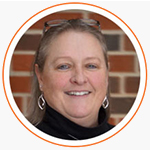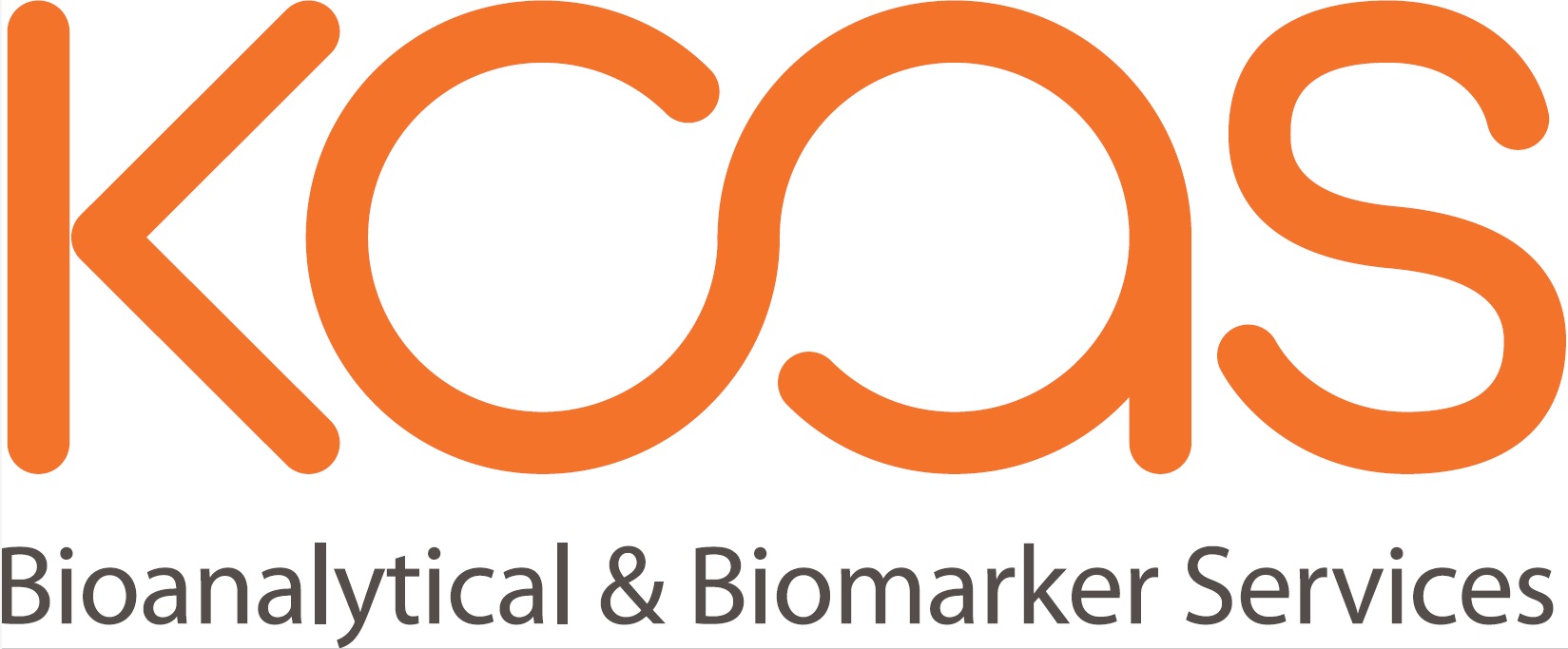As the field of oncology has evolved, the toxicity of therapeutic agents has driven the development of drugs that target and kill tumors compared to more general therapies that can also impact healthy cells. Principal amongst these therapies is the use of antibody-drug conjugates (ADCs) that are typically composed of an antibody attached to a cytotoxic agent via a chemical linker.
If the ADC works as it should free payload concentrations should be much lower indicating that the small molecule has been delivered to the intended site of action. The high sensitivity requirements of a free assay will likely necessitate the use of more rigorous cleanup techniques to isolate the analyte as well as a higher sensitivity mass spectrometer.
Analysis of ADCs presents a number of pharmacokinetic (PK) & antidrug antibody (ADA) bioanalytical Good Laboratory Practice (GLP) validation challenges where the different parts of the complex are better addressed by different technologies such as liquid chromatography/mass spectrometry (LC-MS), hybrid LC/MS and ligand binding assays (LBA).
The bioanalytical strategy also depends on what answers you are looking for from your quantitative data. In most cases, the strategy would be to use ligand binding assays to address questions regarding the ADC complex or the antibody used in administration. For measurements of the small molecule cytotoxic agent, LC-MS/MS would be the technology of choice.
Example analytical needs include:
- Conjugated payload – How much payload is attached to the antibody?
- Free payload – Is any payload released from the ADC prior to reaching the site of action?
- Total payload – How much free and conjugated payload is present?
- Conjugated antibody – How much antibody is present with payload attached?
- Total antibody – How much conjugated & unconjugated antibody is present?
- Is there significant rate of immunogenicity?
This webinar will focus on a number of case studies and KCAS’ application of optimal technologies to get the best possible data to support ADC drug development studies.
Speakers

Dominic Warrino, Senior Scientific Advisor, KCAS Bioanalytical and Biomarker Services
Dominic Warrino, PhD, is a Senior Scientific Advisor. His role is to serve as scientific and technical advisor for both clients and internal teams for development, validation, and application of bioanalytical, immunogenicity, and biomarker methods for large molecule therapeutics. Dominic joined the company in 2013 and brought with him expertise in a full range of bioanalytical techniques including ECL, ELISA, RIA, Flow Cytometry, ELISpot, cell-based assays and Luminex. He has 20 years of experience developing and validating immunological assays for biotechnology and pharmaceutical companies. He most recently spent several years in the Biopharma Services department at Viracor-IBT (formally IBT), and previously also worked for Cytogen (formally Cellcor), Eligix, and Streck Laboratories developing novel compounds for treatment of various cancers. Dominic has worked on over 100 large molecule compounds developing and validating PK, PD, ADA, and Biomarker assays in support of pre-clinical to phase IV testing.

John Perkins, Senior Scientific Advisor, KCAS Bioanalytical and Biomarker Services
John R. Perkins is the Senior Scientific Advisor with a focus on LC/MS technologies at KCAS. Previously, he was at Q2Solutions and legacy companies for over 24 years working in quantitative LC/MS, principally with small molecules. His primary focus was on validation and sample analysis processes as well as managing customer relationships in Ithaca NY. More recently he was responsible for the bioanalytical lab in Oss, The Netherlands.
John received his Ph.D. in Supercritical Fluid Chromatography/Mass Spectrometry from University of Wales, College of Cardiff, UK. He did postdoctoral research on nanoscale separation techniques with mass spectrometry at NIEHS in Research Triangle Park. He earned his Bachelors degree in Chemistry from University of Reading, UK and a Masters degree in Advanced Analytical Chemistry from University of Bristol, UK.

Dawn Dufield, Director of Biopharma Services, KCAS Bioanalytical and Biomarker Services
Dawn R. Dufield is the director of biopharmaceuticals (LC-MS/MS) services at KCAS. Previously she had been with Pfizer and legacy companies for over 20 years working in the quantitative LC-MS/MS field. She was one of the early pioneers of using immunoaffinity combined with LC-MS/MS to offer additional selectivity which is now commonly referred to as hybrid LCMS. Currently, she is a member of the AAPS Mass Spec Protein Bioanalysis Committee (MSPBC) and an active member of the American Society for Mass Spectrometry (ASMS). She has numerous publications and presentations in her field and recently contributed to a white paper on recommendations for validation of LCMS based bioanalytical methods for protein biotherapeutics.
Dawn received her PhD in BioAnalytical Chemistry (Honors) from the University of Kansas in Lawrence, KS. She earned her Bachelor of Science in Chemistry, (Computer minor) from Southwest Missouri State University in Springfield, MO.
Who Should Attend?
This webinar will appeal to individuals with the following or related job titles:
- Scientists working with mass spectrometry
- Scientists working with ligand binding assays
- Bioanalytical Scientists
- Project Leads / Scientific Leads
- R&D scientists
- CSO
What You Will Learn
In this free webinar, attendees will hear about:
- An overview of ADCs
- Bioanalytical challenges of ADCs
- What to consider when developing a bioanalytical strategy
- Conjugated payload
- Free payload
- Total payload
- Conjugated antibody
- Total antibody
- Is there significant rate of immunogenicity?
- Real-world examples with case studies
Xtalks Partner
KCAS
KCAS Bioanalytical & Biomarker Services is a contract laboratory with 39+ years of bioanalytical expertise. Centrally located in Kansas City, KCAS provides small- and large-molecule PK, immunogenicity, and biomarker analysis operating a variety of equipment platforms to service a wide range of therapeutic areas. KCAS’ team leverages a highly scientific staff with an average tenure in the field of bioanalysis/biomarker analysis of 22 years to provide clients of all sizes with expertise in robust assay development, validation, and sample analysis under fit-for-purpose Non-GLP, GLP, and GCP conditions for discovery, preclinical and clinical studies. Our teams have developed and validated more than 5,500 bioanalytical assays and have undergone 16 FDA inspections.
You Must Login To Register for this Free Webinar
Already have an account? LOGIN HERE. If you don’t have an account you need to create a free account.
Create Account




